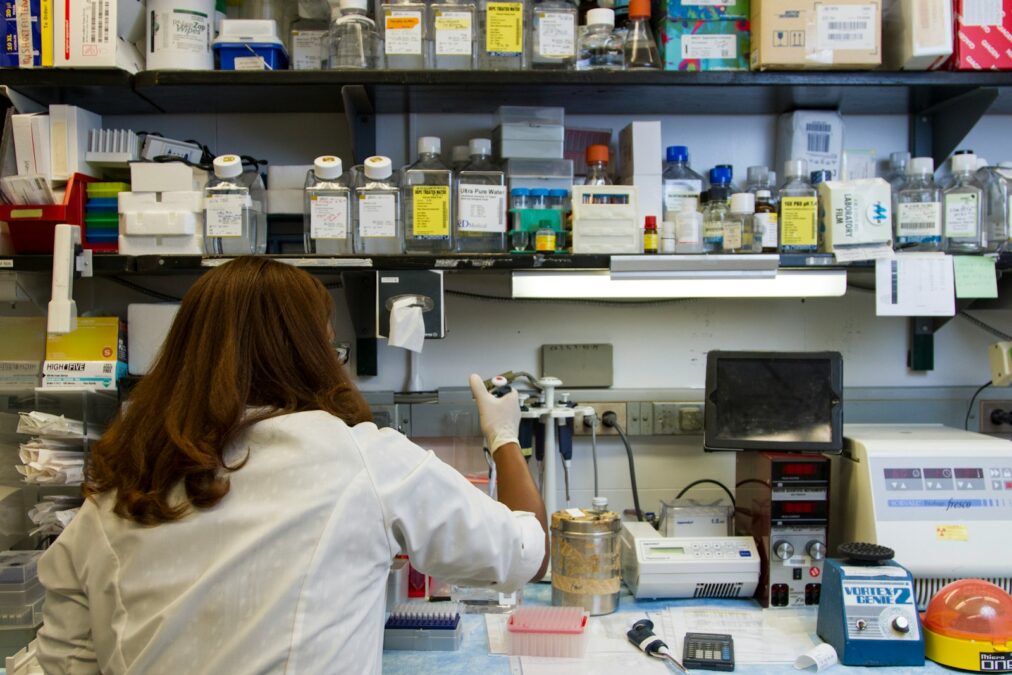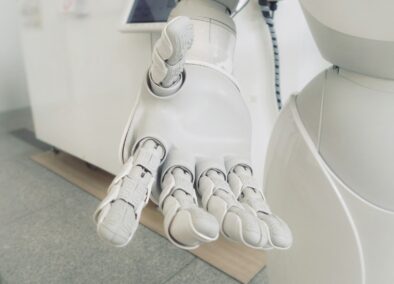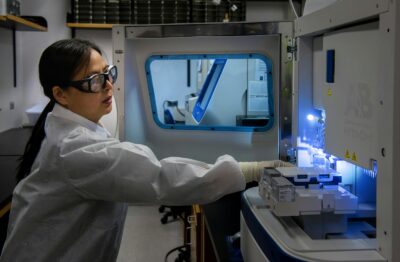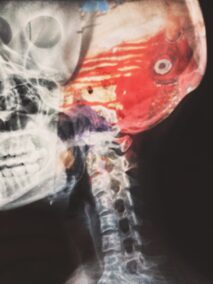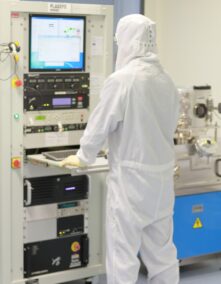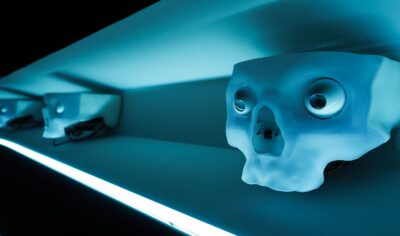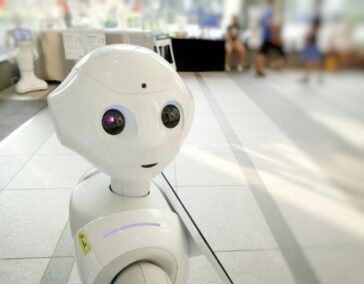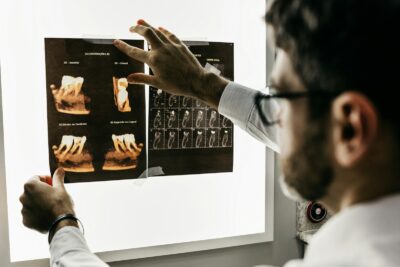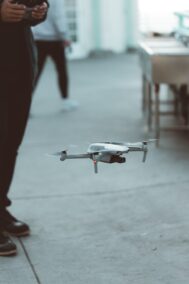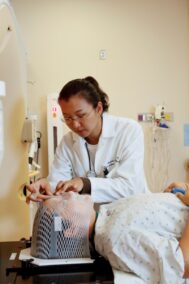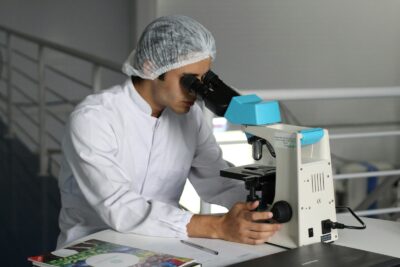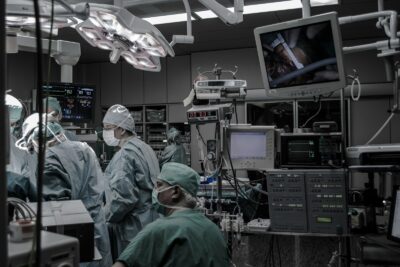Revolutionizing Healthcare
Machine learning has emerged as a transformative technology in the field of healthcare, revolutionizing the way medical diagnostics are conducted. One area where machine learning is making significant strides is in non-invasive diagnostics, where traditional methods often involve invasive procedures that can be uncomfortable for patients and carry associated risks. By harnessing the power of machine learning algorithms, healthcare providers can now analyze a variety of non-invasive data sources, such as medical imaging, biosensors, and patient records, to diagnose diseases and monitor health conditions with unprecedented accuracy and efficiency. This advancement not only enhances patient comfort but also enables early detection and intervention, ultimately improving patient outcomes and reducing healthcare costs.
Advancements in Medical Imaging
Medical imaging plays a crucial role in non-invasive diagnostics, allowing healthcare professionals to visualize internal structures and detect abnormalities without the need for invasive procedures. Machine learning algorithms have revolutionized medical imaging by enabling automated analysis and interpretation of complex imaging data, such as X-rays, MRI scans, and CT scans. These algorithms can detect subtle patterns and anomalies in medical images that may be imperceptible to the human eye, leading to earlier and more accurate diagnoses of conditions such as cancer, cardiovascular disease, and neurological disorders. Furthermore, machine learning-powered medical imaging systems can streamline the diagnostic process, reduce interpretation errors, and improve the efficiency of radiology departments, ultimately benefiting both patients and healthcare providers.
Enhancing Personalized Medicine
One of the most promising applications of machine learning in non-invasive medical diagnostics is in the field of personalized medicine. By analyzing large volumes of patient data, including genetic information, medical history, and lifestyle factors, machine learning algorithms can identify patterns and correlations that enable more personalized and targeted treatment plans. This approach allows healthcare providers to tailor diagnostic tests and treatment strategies to individual patients, taking into account their unique characteristics and preferences. By moving towards a more personalized approach to healthcare, enabled by machine learning, we can improve patient outcomes, reduce healthcare disparities, and usher in a new era of precision medicine.
Empowering Remote Healthcare
With the rise of telemedicine and remote healthcare services, machine learning is playing an increasingly important role in enabling medical diagnostics from a distance. Remote monitoring devices equipped with machine learning algorithms can continuously collect and analyze patient data, allowing healthcare providers to remotely monitor vital signs, detect early warning signs of deterioration, and intervene proactively to prevent medical emergencies. This remote diagnostic capability is especially valuable for patients in rural or underserved areas who may have limited access to healthcare facilities. By leveraging machine learning-powered remote diagnostics, healthcare providers can extend their reach and deliver high-quality care to a broader population, improving health outcomes and reducing disparities in access to healthcare.
Driving Innovation in Wearable Devices
Machine learning is driving innovation in wearable devices, such as smartwatches, fitness trackers, and health monitoring patches, by enabling advanced diagnostic capabilities in compact and portable form factors. These wearable devices can continuously collect physiological data, such as heart rate, blood pressure, and activity levels, and use machine learning algorithms to analyze this data in real-time. By providing actionable insights into users’ health status and behaviors, these wearable devices empower individuals to take control of their health and make informed decisions about their lifestyle and healthcare choices. Additionally, machine learning-powered wearables have the potential to revolutionize preventive care by identifying early signs of disease and facilitating timely interventions to prevent the onset of health problems.
Addressing Ethical and Regulatory Challenges
While machine learning holds tremendous promise for non-invasive medical diagnostics, its widespread adoption also raises important ethical and regulatory considerations. Healthcare providers and policymakers must grapple with issues such as patient privacy, data security, algorithm bias, and liability in the event of diagnostic errors. Additionally, regulatory agencies must establish clear guidelines and standards for the development, validation, and deployment of machine learning algorithms in healthcare settings to ensure patient safety and efficacy. By addressing these ethical and regulatory challenges proactively, we can harness the full potential of machine learning to revolutionize non-invasive medical diagnostics while upholding the highest standards of patient care and safety.
#MachineLearning #HealthcareTechnology #MedicalDiagnostics #NonInvasiveMedicine #PersonalizedMedicine #HealthTechInnovation

